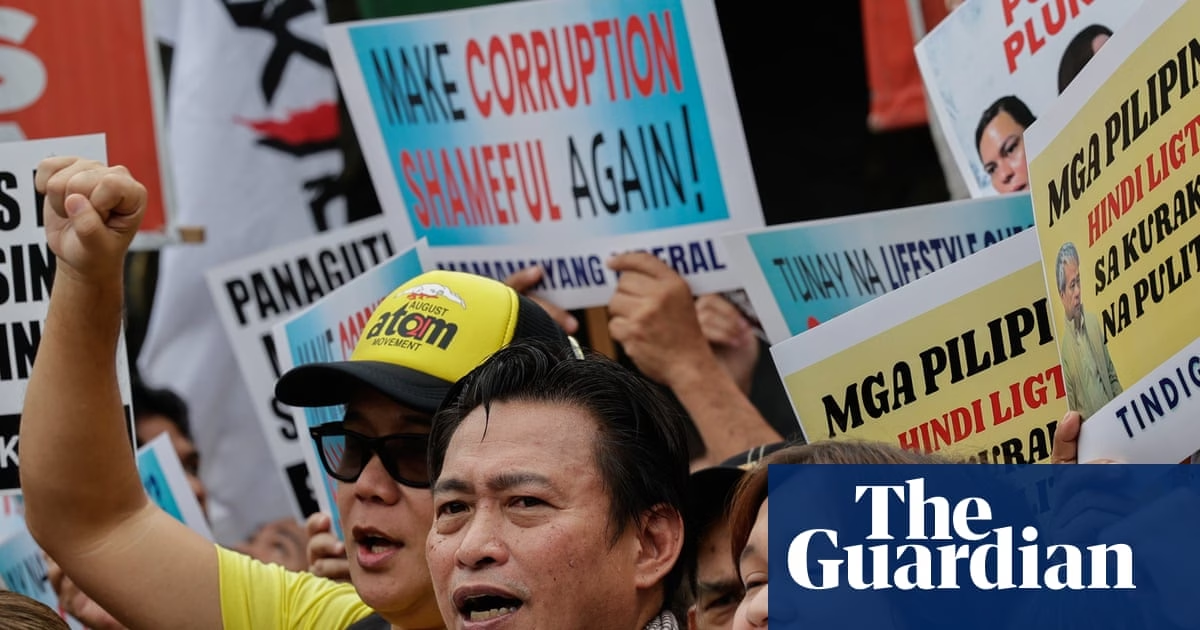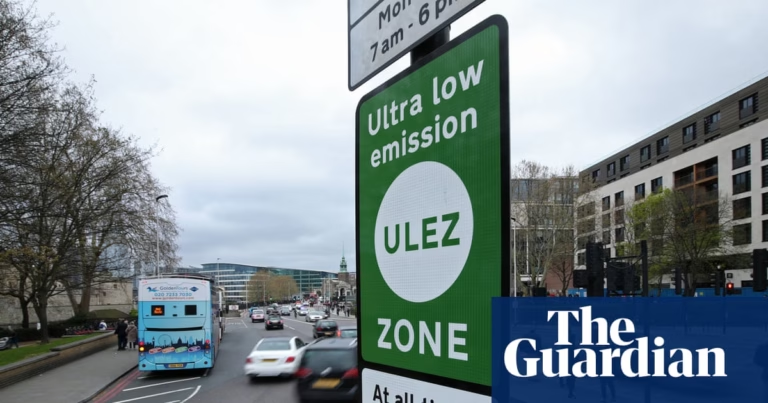Thousands of individuals are anticipated to participate in a mass demonstration in Manila on Sunday amidst growing outrage in the Philippines over perceived corruption in government-funded flood control projects.
Dubbed the “Trillion Peso March,” the protest is named after Greenpeace’s estimate of $17.6bn that they claim as the amount embezzled from climate-related projects in 2023.
The 21 September demonstration holds symbolic historical significance, coinciding with the anniversary of the same day in 1972 when then-leader Ferdinand Marcos implemented martial law.
This massive people-power movement ultimately led to the ousting of Marcos’ long-standing rule, who fled the country in 1989 due to widespread public dissatisfaction and allegations of rampant corruption.
The current president, Ferdinand “Bongbong” Marcos Jr, the son of the former leader, has sought to placate the anger, expressing support for the protests.
“Do you blame them for going out on the streets?” he rhetorically asked reporters, displaying empathy towards the protesters.
Civil society and church organizations have also called for the protest, reflecting similar sentiments across the region concerning alleged corruption and privilege in government.
Recently, a gen Z-led protest movement succeeded in toppling the government of Nepal, with Indonesia also witnessing demonstrations provoked by legislative perks that were subsequently reversed.
Public anger in the Philippines has particularly intensified over “ghost infrastructure projects,” following Marcos Jr.’s emphasis on them in a July state of the nation address that came after weeks of severe flooding.
Martin Romualdez, a cousin of President Marcos and speaker of the Philippine House of Representatives, resigned on Wednesday, citing the controversies surrounding these projects.
On Monday, Marcos announced that former Supreme Court Justice Andres Reyes would lead a three-person commission to investigate past flood-control projects over the past decade.






